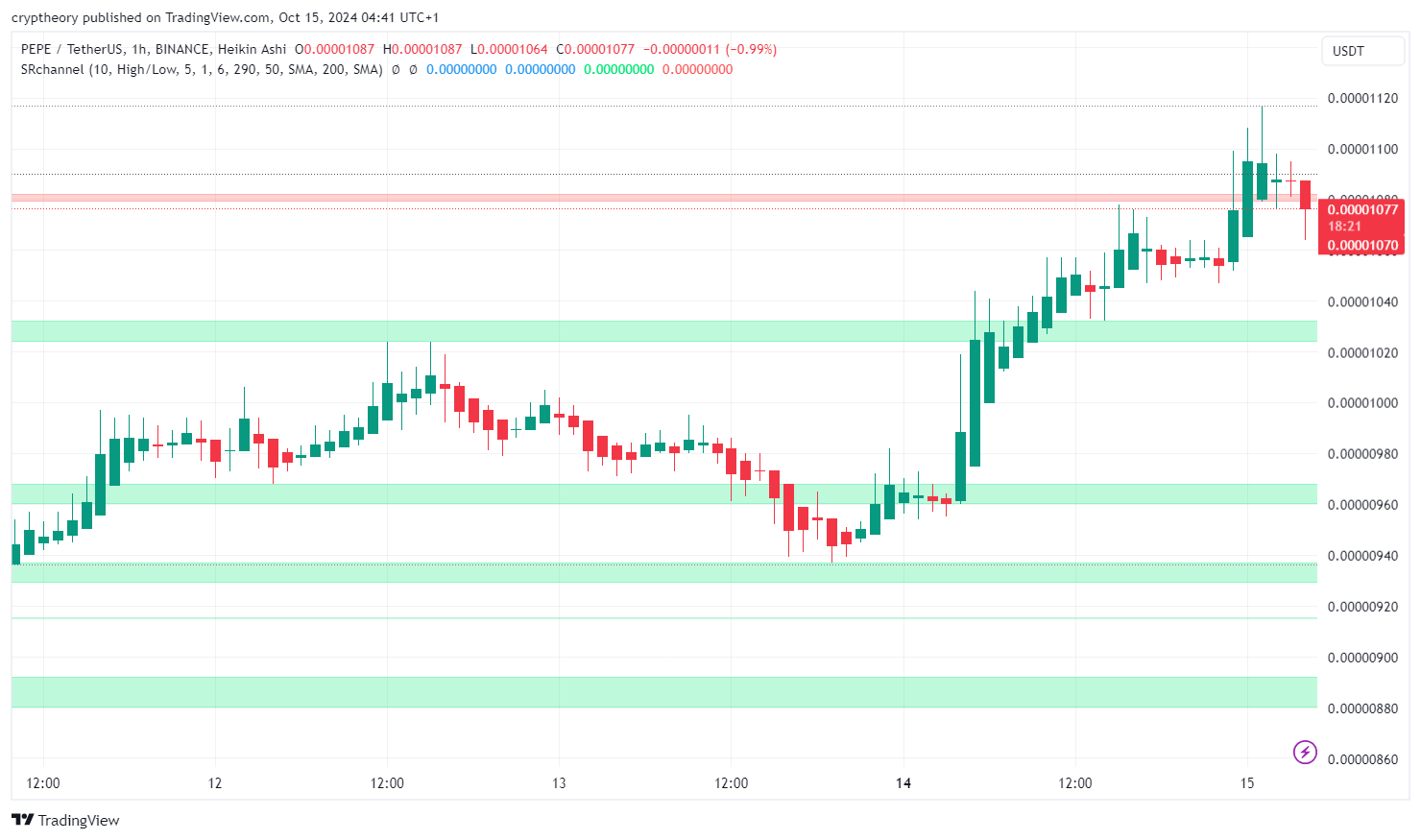BTC has mounted an impressive recovery in the last couple of weeks—but its rally has hesitated amid concerns over the U.S. infrastructure bill’s potential impact on the crypto industry.
Just two weeks ago, BTC was battling to stay above the key $30,000 level.
The leading cryptocurrency then mounted a massive recovery, smashing through $40,000 and reaching a local high on Sunday of $42,628.50, according to CoinGecko.
The breakout marked the end of what has been a sluggish summer for many crypto enthusiasts.
And thanks to a strong correlation with BTC, many other cryptocurrencies mounted similar rises. ETH, the second-largest cryptocurrency by market cap, rose from lows of roughly $1,730 all the way to $2,672.
The U.S. infrastructure bill and crypto
The fireworks have since dimmed, however, as the industry took stock of details around a specific clause in a new $550 billion infrastructure bill in the U.S. The price of BTC has since slipped below the key $40,000 level; at the time of going to press it is around $39,600.
Though the bill has yet to pass, as it stands the bill would create a massive tax burden for the entire American crypto industry.
As Jake Chervinsky, a lawyer specializing in crypto, put it: “This is not a drill.”
The bill seeks to generate $28 billion from taxing the crypto nouveau riche, but the definition of who or how these funds would be taxed is alarmingly general. In sum, it would demand miners, decentralized finance (DeFi) protocols, and, of course, much larger entities like Coinbase, to file customer forms with the IRS.
For many projects, this task is “literally impossible,” said Chervinsky.
7/ As those who understand crypto already know, users are pseudonymous & access is permissionless.
It's literally impossible for non-custodial actors like miners to get the information they need to do Form 1099s.
In practice, this could mean a de facto ban on mining in the USA.
— Jake Chervinsky (@jchervinsky) July 30, 2021
This definition has since undergone a minor update, according to a report by CoinDesk. Instead of calling any entity in contact with crypto a “broker,” the bill now indicates that “any person who (for consideration) is responsible for regularly providing any service effectuating transfers of digital assets on behalf of another person.”
The amendment is far from conclusive and fails to soothe many concerns generated from the bill’s broader intentions: forcing cryptocurrency operators to gather tax details of all its clients and users.























